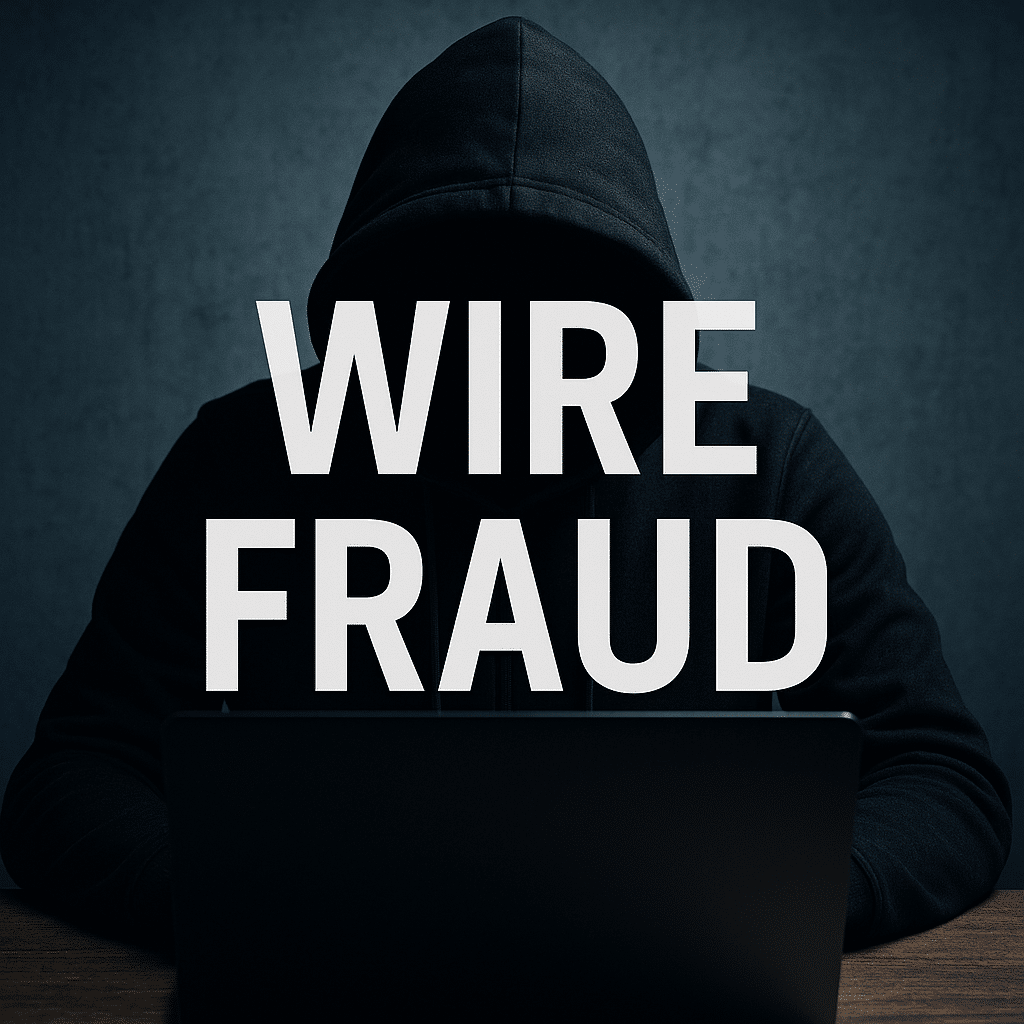New Paper on Extraterritorial Application of the Wire Fraud Statute
September 17, 2025

I have written before about a circuit split over when the federal wire fraud statute applies extraterritorially. The lower federal courts disagree about how much use of U.S. wires is required to make an application of the statute “domestic.” The Second Circuit has held that use of U.S. wires must be a “core component” of the scheme to defraud, a conclusion with which the First Circuit (and apparently the Ninth as well) agrees. The Fourth Circuit, by contrast, seems to hold that any use of U.S. wires is sufficient. Two years ago, the Supreme Court denied cert in the Fourth Circuit case.
In a student note, forthcoming in the Fordham Law Review, Jackson Howell argues that the Second Circuit is right and the Fourth Circuit is wrong. As Jackson points out, the question is important because the wire fraud statute is the most commonly used federal criminal statute. Wire fraud is also a predicate offense under RICO.
The note is titled “The Presumption Against Extraterritoriality and Wire Fraud.” Here is the abstract:
As globalization and technology increasingly blur geographic boundaries, federal prosecutors have turned to the wire fraud statute as a powerful tool for targeting transnational misconduct. Despite its popularity in international fraud prosecution, the statute’s application to foreign conduct continues to raise unresolved and pressing questions under the presumption against extraterritoriality. Specifically, courts have struggled to identify when a domestic wire communication is sufficient to bring a largely foreign fraudulent scheme within the reach of U.S. law. With the Supreme Court silent on the wire fraud statute directly, and zigzagging in its extraterritoriality jurisprudence more generally, lower courts have split on how to apply the presumption in this context. Some circuits, led by the Second Circuit, require that the domestic wire be essential to the fraudulent scheme. Other circuits, like the Fourth, have adopted a looser standard that permits prosecution so long as any domestic wire is used in furtherance of the scheme-regardless of its centrality. This divergence, in a time when global communications and commerce are increasingly reliant on transnational wires, creates uncertainty for foreign actors and raises concerns about overbroad extraterritorial application. This Note argues that the Second Circuit’s approach better aligns with the text, structure, and purpose of the wire fraud statute, as well as the Supreme Court’s extraterritoriality doctrine. By focusing on whether the domestic wire is integral to the scheme, courts can cabin overreach, avoid unintended foreign entanglements, and preserve fundamental tenets of criminal and international law.